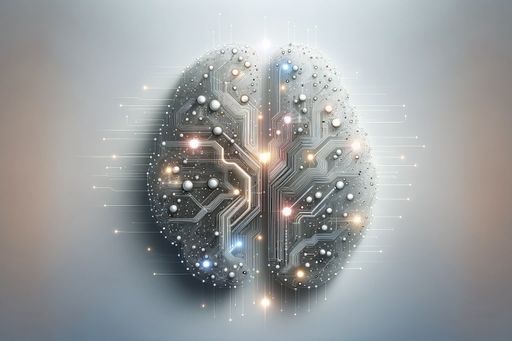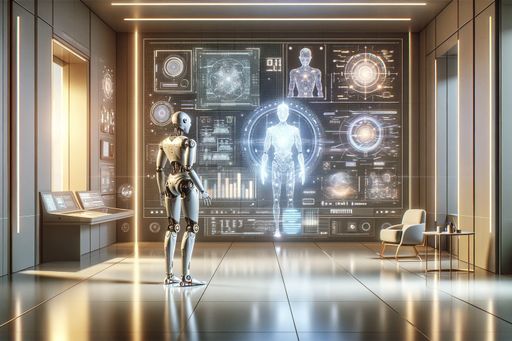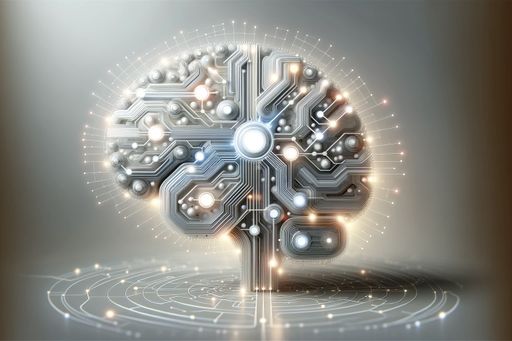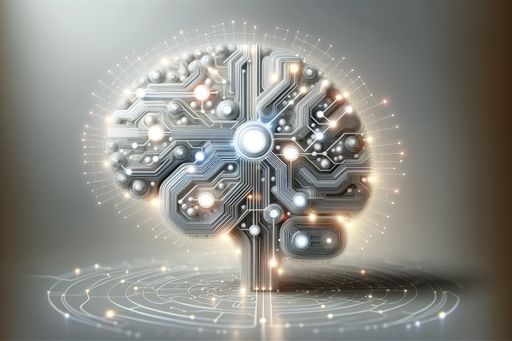Artificial Intelligence Feed - Page 10

Microsoft at Odds Over Future of A.I. Lab in China
Microsoft is facing internal debates over the future of its advanced research lab in Beijing, as tensions between the United States and China continue to rise. The lab, which has been operational since 1998, is considered one of the most important A.I. labs in the world and has made significant contributions to Microsoft's work in artificial intelligence. However, concerns have been raised over whether it is politically tenable for Microsoft to maintain a lab in China. The debate comes at a time when other major U.S. tech firms have reduced their presence in China.

New Material Discovered by AI Could Reduce Lithium Use in Batteries
A new substance has been discovered using artificial intelligence (AI) and supercomputing that has the potential to reduce lithium use in batteries by up to 70%. The material was found by Microsoft and the Pacific Northwest National Laboratory (PNNL), and has already been used to power a lightbulb. By using advanced AI and high-performance computing, the research process from identifying potential candidates to developing a working battery prototype took less than nine months. This new material could be a sustainable energy storage solution and is a major breakthrough in the lithium-ion battery industry.

China and the US Take Different Tracks in the Race for AI Supremacy
China and the US have different approaches in the race for AI supremacy, with the emergence of ChatGPT causing a stir in China.

‘Impossible’ to create AI tools like ChatGPT without copyrighted material, OpenAI says
The developer OpenAI has said it would be impossible to create tools like its groundbreaking chatbot ChatGPT without access to copyrighted material, as pressure grows on artificial intelligence firms over the content used to train their products.

A Better All-in-One AI App is Finally Here
Check out the latest Installer issue featuring a new AI app, a keyboard attachment for iPhones, a crypto crime documentary, a Cybertruck tour, and more.

Generative AI Has a Visual Plagiarism Problem
Experiments with Midjourney and DALL-E 3 show a copyright minefield

Maybe She's Born With It. Maybe It's Midjourney.
As Midjourney rolls out new features, it continues to make some artists furious.

Microsoft Adds Copilot Key to PC Keyboards
Microsoft is making a key change to PC keyboards by adding a Copilot key for the first time since 1994.
